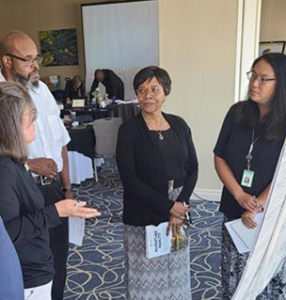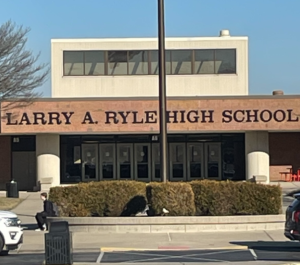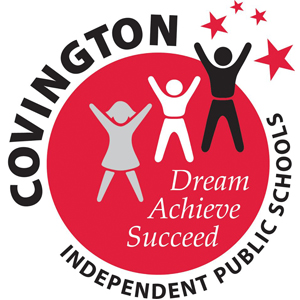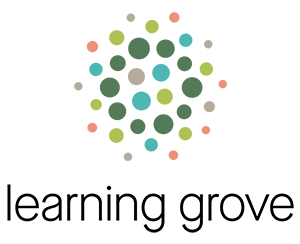By Patricia A. Scheyer
NKyTribune reporter
Educators in the state of Kentucky have written a plan called the Equity Playbook, and they have high hopes for this program to change how students are educated all over the state.
Last July promoters of the program created podcasts and presented the program at conferences to help people become familiar with this Equity Playbook. Currently the Kentucky Department of Education is picking up the costs for this program.

Equity Playbook training (Photo by Nichole Fields/Kentucky Teacher)
“All students have the right to a free and public education,” said Damien Sweeney, Director of Diversity, Equity, Inclusion and Belonging at the Department of Education. “We believe every single student in Kentucky deserves to be seen and heard. We know, based on data and based on conversations with educators and students and families that there are some students who don’t feel seen and heard. They don’t feel that sense of belonging that everyone deserves to have.”
Out of the 171 school districts in the state, 23 districts have signed up to be part of the first wave, or cohort. In the 23 districts, 180 schools have agreed to be part of the program.
Boone County signed up, and Ryle High School, Cooper High School, Boone County High School, RA Jones Middle School, Ockerman Elementary, and Burlington Elementary are the schools that agreed to be part of the program.
Ryle Principal Matt Shafer explained the key priorities for him and his school for being part of the program.
“I believe we need to lead our school well, we’ve got some — a couple of changes that we’re working through,” said Shafer. “I think we all need coaches, we all need people to help us along the way. I was a former coach. We sometimes don’t receive that too much in a leadership role, so I really like the framework of being able to use some of the tools that we learned today, me being coached and also to help to coach others.”
The premise of the Equity Playbook and the accompanying Engage2Learn program is to conduct one on one coaching with the main players involved. Sweeney said that according to evidence, one on one coaching makes a huge difference in the transference of knowledge.
Apparently in group settings, only about 15 percent of knowledge is transferred, and with one on one coaching, as much as 95 percent of knowledge is transferred.
Sweeney said Boone County has seen a growth in their diversity in the past two years. They now have one in four students who are students of color, and Sweeney said Boone County is intent on understanding the cultural wealth brought by the students.

“The equity playbook is all about allowing personalized conversations with school leaders and district leaders to happen so that they can learn new ways of approaching a problem of practice,” said Sweeney. “So, in other words, they get plays based on that problem.”
Another key factor in the new program is having the teachers really get to know their students. Although this has always been the ideal goal of practically every school in the nation, it is a difficult goal to achieve because most classrooms have up to 30 children in their classroom, and a teacher is expected to instruct those students in at least 5 to 6 subjects during the 6 to 8 hours they have the students. Teachers usually have a basic knowledge of their students during the school year, but if that teacher has to teach more than one class of students, that immediately doubles the amount of children that the teacher has to get to know in depth.
The principal of each school involved will receive one on one coaching in this Engage2Learn program, and then the coaching will go to the counselors, and the Instructional Coaches. Teachers are chosen to participate, but they can sign on or decide not to sign on. These teachers will also receive special coaching, and everyone who is in the program comes up with their own set of goals, based on what is expected from the program and what the teachers believe it is possible for them to achieve. Up to ten teachers in each school are permitted to participate.
Sweeney said they are keeping track of data which he says shows improvement. They are so encouraged that they will start the second wave, or cohort, very soon. Sweeney said that Kenton County and Campbell County have shown interest and will have some schools in the second cohort, as well as more schools from Florence.
Comments from Boone County educators who have gone through the coaching program have mostly been positive, with comments like ‘I feel confident going forward with the goals’ and that ‘the sessions were uplifting and beneficial,’ and ‘It made me think on a deeper level of things I can do.’
Yet according to the publication Education Weekly, Kentucky passed anti-racism legislation in 2020, SB-1, one of seventeen states to pass this type of legislation. The article questions how the new program will fit in with the state’s new law limiting conversations about race and racism in schools. The state education department chief equity officer apparently is of the opinion that the law would have no impact on the equity work the agency is doing, including the personalized coaching.
The article quotes Jeremy Young, from Pen America, a free-speech advocacy organization which has been studying these laws, as saying that even though some parents might complain about this new program, it is worth the risk, due to the fact that the agency in charge of enforcing the law is offering the training. Young also said that the goal would be not to let the law become administrative censorship or self censorship.
For now, the goal of helping every student feel they belong and are seen and heard, and treasuring what each student brings to the table is admirable and desirable for schools to achieve.
Only time will tell if the data will show that the students will be able to reap the benefits from that goal while simultaneously pursuing the scholastic goals that make them competitive on a national scale.



















